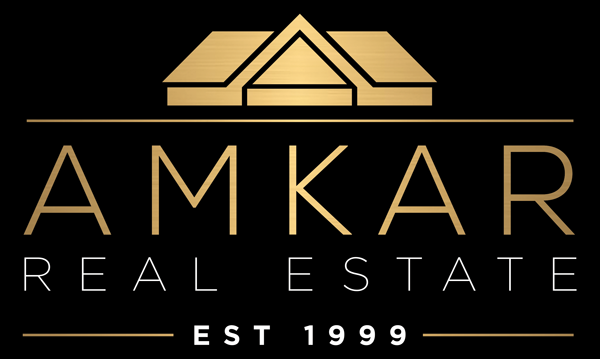Navigating the challenges of difficult tenants is a crucial skill for landlords. Whether you’re facing late payments, property damage, or neighbourhood complaints, understanding your legal rights and responsibilities is key. This guide aims to empower landlords with strategies to handle tenant issues effectively, ensuring a smoother landlord-tenant relationship.
Identifying difficult tenants
Difficult tenants can manifest through various behaviors, such as consistently late rent payments, causing property damage beyond wear and tear, or generating frequent complaints from neighbors. Recognising these signs early is crucial. Implementing a thorough tenant screening process, including background checks and previous landlord references, can help mitigate these issues from the outset.
Communication is key
Clear and documented communication is vital in addressing any issues with tenants. Always maintain professionalism in your interactions, and ensure all agreements and notices are in writing. Setting clear boundaries and lease terms from the beginning can also prevent misunderstandings and disputes.
Legal solutions and mediation for dealing with difficult tenants
When dealing with tenant disputes, familiarise yourself with South Australia’s tenancy laws to understand your legal avenues. For unresolved issues, mediation through the South Australian Civil and Administrative Tribunal (SACAT) can be a constructive approach. SACAT provides a platform for landlords and tenants to resolve disputes amicably without resorting to legal action.
Preventive measures
Preventing issues with tenants starts with a comprehensive lease agreement that clearly outlines the terms and conditions of the tenancy, including payment schedules, property maintenance responsibilities, and rules about noise or pet ownership. Regular property inspections and fostering a positive relationship with your tenants can also help identify and address issues before they escalate.
Dealing with difficult tenants requires a combination of good communication, legal knowledge, and preventive strategies. By staying informed about your rights and responsibilities as a landlord, you can manage your rental property more effectively and maintain a harmonious relationship with your tenants. Remember, a proactive approach and understanding of tenancy laws are your best tools in navigating the challenges of property management and this is where having an expert property manager on your team is a game changer. Want AMKAR Real Estate as part of your team? Contact us here.
Remember, this article is general in nature and is not financial or legal advice. Please consult your professional financial and legal advisors before making any decisions for yourself.

